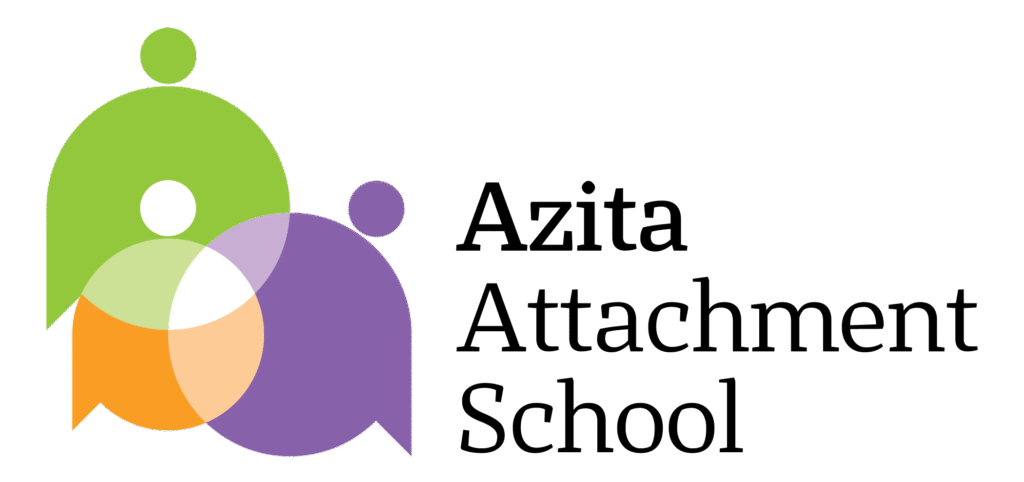AI is changing how parents raise children from sleep apps to virtual coaches. But can technology replace empathy? Explore the science, risks, and mindful ways to use AI in parenting.
Introduction
Artificial Intelligence has entered the nursery.
Parents now use AI-based apps for sleep schedules, emotional tracking, and even parenting advice.
But here’s the real question:
Can technology enhance parenting or is it quietly replacing human connection?
Evidence from Research
- Harvard Digital Wellbeing Lab (2025): AI tools improve parental efficiency but can reduce emotional intimacy.
- arXiv (2024): AI-based coaching helps understand child behavior yet risks weakening intuition.
- APA (2024): Overreliance on digital assistants can disconnect parents from emotional learning.
- UNICEF (2025): AI must remain complementary, not substitutive, in family systems.
How AI Enters Parenting
- Smart baby apps for sleep and feeding.
- Virtual parenting assistants offering advice 24/7.
- Interactive robots serving as playmates and tutors.
- AI coaching systems analyzing family conversations.
Benefits
Access to expert knowledge.
Better organization and daily structure.
Emotional insight via data tracking.
Reduced decision fatigue for overwhelmed parents.
Hidden Risks
Replacing presence with data.
Erosion of parental intuition.
Privacy and data misuse.
Emotional dependency on technology.
Attachment Theory Lens
Children need a responsive human face, not a perfect algorithm.
If AI becomes the main medium of interaction, the emotional mirror disappears.
“Children don’t remember the data; they remember your eyes.”
Case Study
Elnaz, mother of a 5-year-old girl:
She used an AI app to reward positive behavior.
Soon, her daughter preferred chatting with the app instead of her.
Through coaching, she rebalanced keeping AI as a tool, not a replacement.
“My child didn’t need answers. She needed my attention.”
Practical Guidelines
- Use AI to support, not replace, emotional connection.
- Schedule “tech-free” family time.
- Discuss AI openly with your child.
- Check privacy policies carefully.
- Balance artificial intelligence with emotional intelligence.
Coaching Perspective
Modern parent coaching in the AI era focuses on:
- Awareness of tech’s emotional impact.
- Parental self-regulation around screen use.
- Shared learning with children about digital ethics.
Conclusion
AI can help but only if it is guided by empathy.
It can track your child’s sleep but not sense their sorrow.
It can analyze emotions but not hold space for them.
Technology should expand connection, not replace it.
“AI understands words; only you understand feelings.”
References
- Harvard Digital Wellbeing Lab (2025). AI Tools in Parenting and Emotional Bonding.
- arXiv (2024). Artificial Intelligence in Family Coaching.
- APA (2024). The Psychology of Technology and Parenting.
- UNICEF (2025). AI and Child Protection Framework.
- Siegel, D. (2012). Parenting from the Inside Out.


